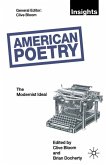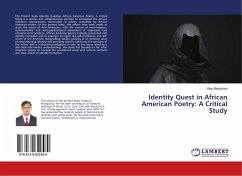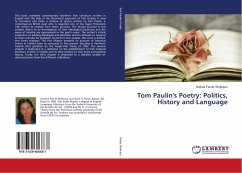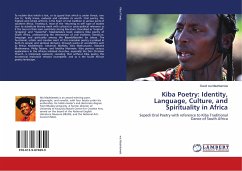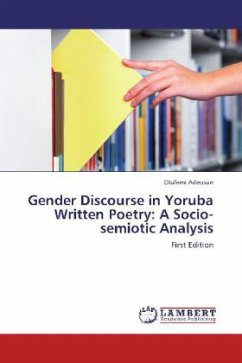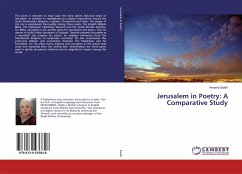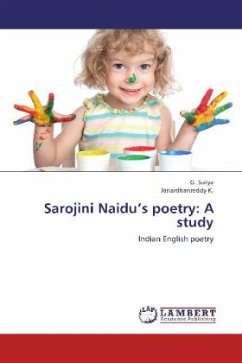of English anything about English poetry? They
definitely can. This book explores the unknown and
exciting territory of the minds of student readers
when they read a poem for the first time. By
exposing advanced students of English to an
experimental line by line method of
reading, Wiland has facilitated their sincere and
uncensored encounter with poetry, an encounter
rarely exhibited in classes at universities,
colleges and upper secondary schools. To position
the readers constructively, Wiland has developed the
concept of the dynamic prospecting
countersignatory , based on theories of reader-
response and language learning, and Derrida s
theory of deconstruction. Her findings show that
the readers tend to struggle with low self-esteem as
poetry readers, even when they experience great
emotional involvement and cognitive understanding,
expressing pleasure at the slow line by line reading
process. Poetry: Prima Vista may therefore shed new
light on poetry literacy among foreign language
students and inspire teachers of English at all
levels to renewed attitudes and approaches to poetry.


